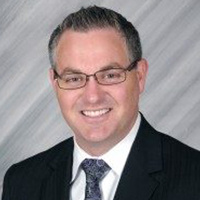Fort Smith Criminal Lawyer, Arkansas
Jered Medlock
✓ VERIFIEDAccident & Injury, Lawsuit & Dispute, Real Estate, Criminal
Michael Jered Medlock was born in Fort Smith, AR in 1980. He resided with his mother, father, and two sisters: Jill and Jessica, in Mulberry, AR until... (more)
Carl Warner Hopkins
Immigration, Divorce & Family Law, Criminal, Bankruptcy & Debt, Car Accident
Status: In Good Standing
Christy Lanette Aaro Allen
Social Security, Criminal, Disability, Administrative Law
Status: In Good Standing Licensed: 22 Years
Mosemarie "Mosie" Dora Boyd
Personal Injury, Family Law, Criminal, Estate Planning
Status: In Good Standing Licensed: 17 Years


